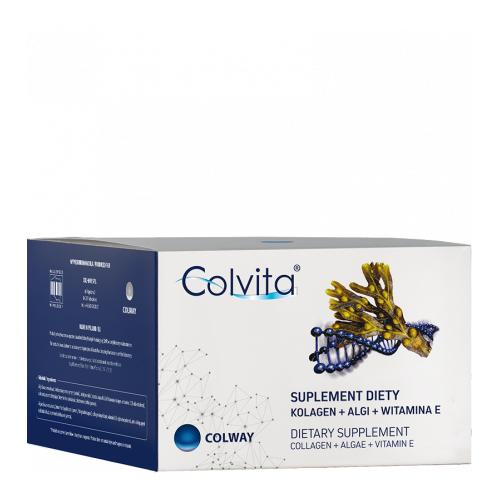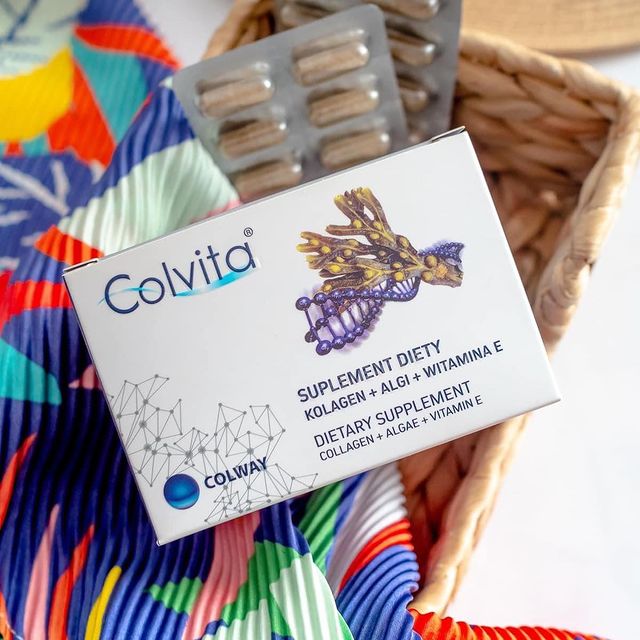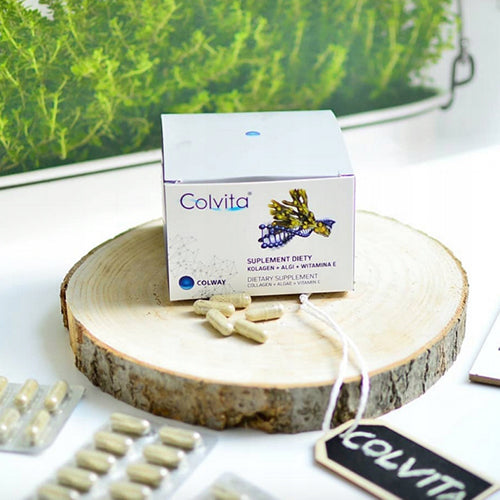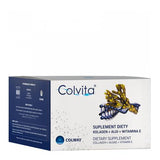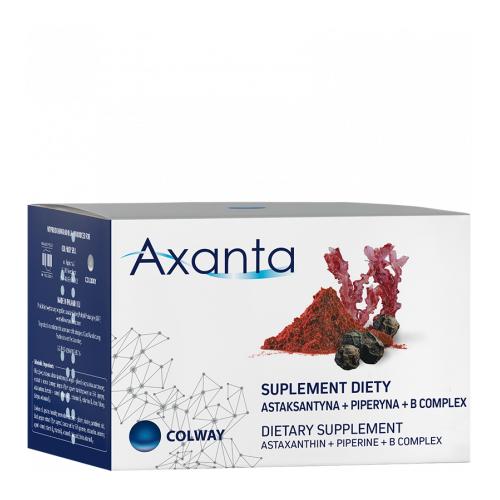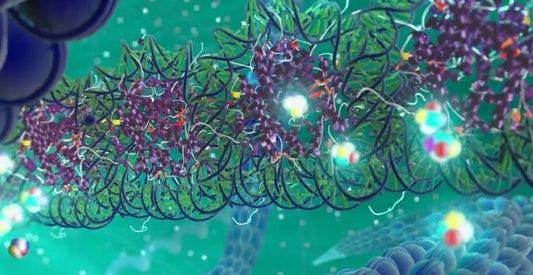Colvita, a unique dietary supplement, combines collagen, algae, and vitamin E, offering a range of benefits for skin, hair, and nail health. However, its potential extends beyond cosmetic advantages, potentially impacting various neurological states. This article explores how Colvita might support the treatment and improvement of certain neurological conditions.
1. Support of Treatment of Depression and Stress
The ingredients in Colvita, particularly the amino acids and peptides from collagen and the minerals from algae, may play a role in neurological health. Amino acids are essential for neurotransmitter synthesis, which is crucial in mood regulation and stress response. The presence of vitamin E, a potent antioxidant, can protect nerve cells from oxidative stress, potentially aiding in the management of depression and stress.
2. Improvement of Psychosomatic Functioning of the Nervous System
The systemic metabolic role of the minerals and amino acids in Colvita could contribute to the overall psychosomatic functioning of the nervous system. These nutrients are vital for maintaining cellular health, including that of nerve cells, which can improve the body's stress response and resilience.
3. Support of Treatment of Neurosis
Neurosis, often linked to imbalances in neurotransmitters, could be positively influenced by the nutritional support provided by Colvita. The collagen peptides and amino acids might aid in restoring balance in neurotransmitter production, thereby supporting the treatment of neurotic disorders.
4. Support of Treatment of Reduced Nerve Activity and Muscle Impulses
Collagen plays a crucial role in tissue regeneration and health, including that of nerve tissues. The unique collagen in Colvita, similar in structure to human collagen, may aid in the regeneration and proper functioning of nerve tissues, potentially improving nerve and muscle impulses.
5. Post-Stroke Rehabilitation
The regenerative properties of collagen, combined with the antioxidant effects of vitamin E and the nutritional benefits of algae, could support post-stroke rehabilitation. By aiding in tissue repair and protecting against oxidative stress, Colvita might contribute to the recovery of neurological functions post-stroke.
Conclusion
Colvita, primarily known for its cosmetic benefits, also holds potential in supporting various neurological conditions due to its unique blend of collagen, algae, and vitamin E. While it shows promise, it's important to note that supplements should complement traditional medical treatments and a healthy lifestyle. Consulting healthcare professionals before starting any new supplement regimen is always advisable.





















































































































